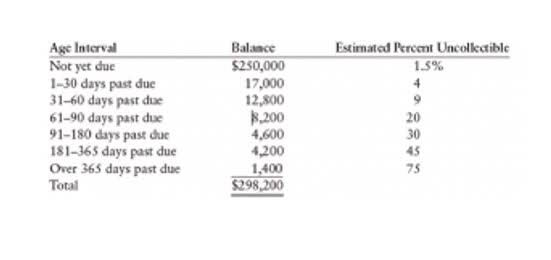
Which accounting solution will work best for your consulting business depends on factors such as the stage of Retail Accounting your business, your particular accounting system and needs, and your budget. A qualified tax professional such as a CPA, EA, or tax attorney can help structure your business for optimal tax treatment and identify deductions you might miss on your own. They can also help you understand how different business decisions affect your tax situation. For example, the timing of major equipment purchases can significantly impact your tax bill, and a CPA can help you plan these decisions strategically.
Accept Multiple Payment Methods
- These features allow users to efficiently manage their finances, ensure accurate billing, and maintain compliance with financial regulations.
- Weeks turn into months, and before you know it, it’s time to file taxes but all you have is a box of unorganized.
- I’ve seen firsthand how streamlined bookkeeping can transform a consultant’s business.
- You’ll also need to choose between using a calendar year or fiscal year.
- DTTL (also referred to as “Deloitte Global”) does not provide services to clients.
- Managing expenses effectively in accounting software involves several best practices.
As a small business owner, you’ll need to track tax deadlines throughout the year, not just April 15th. Avoid “solely relying upon a manual record keeping process (such as a spreadsheet and file folder of receipts) and/or not having an efficient technology-enabled accounting system,” Bayles advises. “Don’t forget to set aside the money for estimated taxes and sales taxes (usually 10%) if it applies,” he adds. However, you probably don’t need separate accounts for different brands of office supplies – that level of detail typically creates unnecessary complexity without providing actionable insights. However, a fiscal year might be more suitable if your business follows an operating cycle that doesn’t align with the calendar year. For example, retail businesses might prefer a fiscal year ending January 31 to capture the complete holiday season in one reporting period.

How to Invoice as a Consultant: Tips for Consulting Businesses

It creates a clear separation between personal and business finances – a distinction that protects you legally and makes tax preparation so much easier. Zoho Books bookkeeping for consultants remains our overall best accounting software for consulting businesses due to its robust general accounting features, affordability, and user-friendly interface. It’s particularly well-suited for consultants looking for a straightforward, reliable solution.
Money laundering regulations for estate agents

Meanwhile, in consultant-specific areas, QuickBooks Online took a hit since it lacks a built-in document management system. It also requires integration for a client portal—unlike FreshBooks, which may be the better choice if you’re looking to communicate with clients on a single platform. Also, QuickBooks Online doesn’t allow you to make a direct phone call to a customer support agent unless you upgrade to Advanced. QuickBooks Online aced our pricing criterion and scored high in most categories of our rubric.
- Sage Business Cloud Accounting is a scalable accounting solution designed to grow with your business needs.
- Join 250,000+ small business owners who built business credit history with Nav Prime — without the big bank barriers.
- Amidst all this, bookkeeping might seem like a tedious task, but it’s crucial for maintaining the financial health of your business.
- With professional support available every step of the way, Bench can take the bookkeeping load off your shoulders.
- Additionally, you can use CPI to forecast project completion hours and estimate metrics like Estimated ABR and Delivery Margin.
- Opening a business checking account can increase your chances of getting financing and simplify your cash flow management.
- Small businesses that are growing and/or evolving, including partnerships, S corps, and C corps.
For a litigator without formal financial training, keeping the books in order — and the firm ready to pass a bar association audit — can be even more daunting. By focusing on tasks that are both urgent and important, you can make sure that important work is done first. If you already have an accountant, talk to them about who they currently work with. If you can find someone they’re familiar with, it can make the relationship between the three of you even stronger, especially if you all use the same software. The year-over-year growth formula is one of the most reliable ways of tracking your long-term growth.
Bookkeeping 101: A Business’s Guide to the Basics
- By understanding these categories, you can make more informed decisions about where to focus your time and energy.
- Leveraging dashboards in accounting software, like QuickBooks or Xero, ensures up-to-date insights.
- It offers a variety of features including income and expense tracking, invoicing, and tax preparation.
- KashFlow also offers a customizable dashboard, bank feeds, and multi-currency support, making it a versatile tool for small businesses.
Additionally, you can use CPI to forecast project completion hours and estimate metrics like Estimated ABR and Delivery Margin. This can be calculated by dividing the original estimated hours or budget hours by CPI. If you’re not there yet, you might want unearned revenue to consider reading how to improve your delivery margin. For example, let’s assume that we’ve sold another Basic Consulting Audit to a client for the standard $10,000. It’s usually done after a project is complete, but sometimes during a project for prioritizing or assessing performance.
